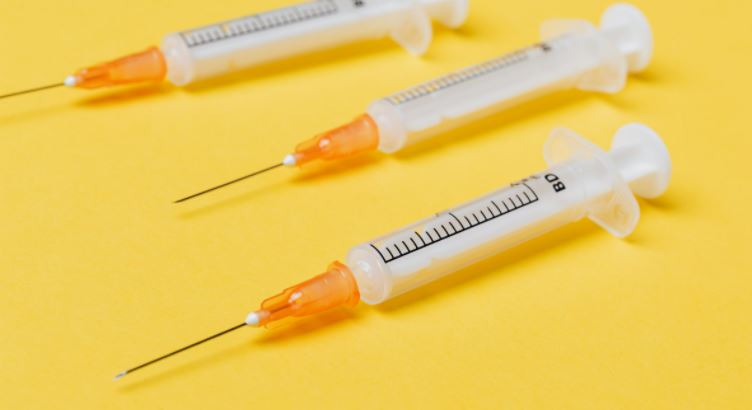MINNEAPOLIS, MINNESOTA, March 1, 2021–Looking to replace its aging automation and playout system with an up-to-date solution that would flexibly support future station funding models, Michigan’s Orion Neighborhood Television (ONTV) turned to the Cablecast Community Media platform from Tightrope Media Systems. The comprehensive solution delivered immediate efficiency improvements and cost savings while speeding the delivery of timely information to ONTV’s community–a benefit that was amplified during the COVID-19 pandemic.
Needing to replace ONTV’s failing legacy system and nervous about the long-term viability of the franchise fee funding model, executive director Ian Locke found the Cablecast platform the best fit for the station’s immediate needs and forward-looking vision.“We wanted a system that could support a model where we’re selling underwriting at a higher volume, by enabling us to easily insert videos from sponsors,” he said. “We had seen an older Cablecast system at a nearby access center a few years ago and kept it on our radar. We liked Cablecast’s scheduling tools, and its ability to incorporate short-form promos both on our channels and within our bulletin boards looked like it would enable those new funding models. It checked all the boxes.”
ONTV purchased its Cablecast solution through the center’s preferred integrator, Advanced Lighting & Sound, and found the transition surprisingly easy. “The learning curve was quicker than I had expected,” recalled Locke. “Cablecast’s interface is very easy to understand.”
Locke highlights Cablecast’s Auto-Scheduler feature, which automatically populates recurring time slots, as a particular favorite. “Our education channel is almost completely auto-scheduled,” he said. “All the time slots are pre-defined, so when we add a new show episode in the database, it automatically ripples through the schedule. That feature alone is worth the price of admission. We save at least eight hours each week just on programming and scheduling.”
Cablecast’s multi-format playback capabilities also save ONTV significant time by eliminating the need to transcode incoming clips. In addition to native playback of media submitted by community producers, Cablecast can also directly play video captured at non-broadcast frame rates in ONTV’s podcast studio. “Our old system required us to transcode to MPEG-2, and 10 hours of incoming programming would take twice as long to re-render,” Locke said. “Now, we just copy the file over, and hit play. The time savings are off the charts.”
Cablecast’s integrated online publishing workflows have helped dramatically improve and expand ONTV”s web and mobile offerings, all while saving the station significant money. “All of our live streaming and VOD had previously been done through a third-party service provider, which cost us thousands of dollars each year but was not even HD,” explained Locke. “It also only included our government meetings. Bringing our live streaming and VOD publishing in-house saves us that money, and we now do other content including newscasts, sporting events, governor press conferences, and more. It’s also now in HD, so our quality jumped exponentially.”
ONTV is also now leveraging Tightrope’s cloud based Screenweave OTT service to automatically bring its live streams and VOD content to the Roku OTT platform. “The lifeblood of our franchise is cable television, but we realize that many viewers are moving away from cable to OTT,” said Locke. “We need to continue reaching them to stay relevant, Cablecast and Screenweave OTT enable our content to be viewed on those services without any heavy lifting or additional steps.”
Like many PEG stations, ONTV found Cablecast’s responsive, browser-based interface and remote media file upload functionality invaluable in helping them continue operating during COVID-19 lockdowns. Locke similarly lauded the ease and remote accessibility of its integrated bulletin board functionality as instrumental in keeping the community informed. “Its templating approach really speeds up bulletin creation and thus information sharing,” he said. “We are proud of our role as a critical information source during COVID, and Cablecast enabled us to get updated information out within minutes, all while working from home.”
Adding it all up, Cablecast has exceeded ONTV’s expectations. “I had worked with our previous vendor’s system for over 20 years, and moving to Cablecast was refreshing,”summarized Locke. “It frees our time to work on other things and has the flexibility to adapt with us as our needs evolve. We feel comfortable that our future is in good hands with Tightrope and Cablecast.”



.jpeg)




